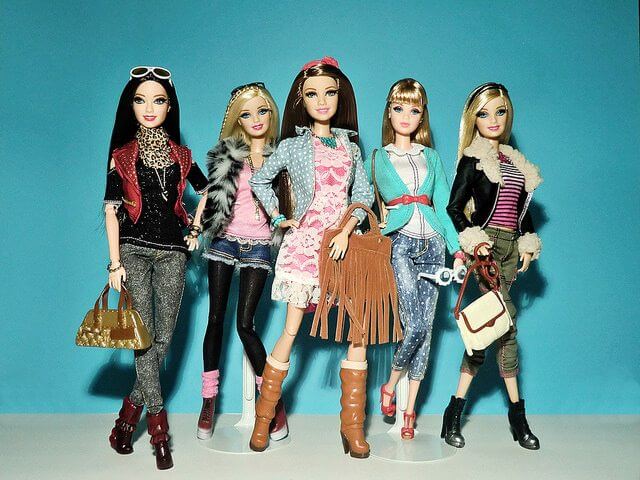Chances are pretty high that if you have a Facebook account you’ve seen the ads for online clothing companies such as RoseGal, RoseWe, DressLily, SammyDress, and Choies. They have pictures of stunning dresses, swimsuits, sweaters, and other clothes, and their prices are incredibly low – often less than $20 for most items. Some people have had great success ordering from these and similar companies, but that doesn’t seem to be the norm. Unfortunately, many women are left incredibly disappointed upon receipt of their orders, if they receive them at all!
The Better Business Bureau has reported hundreds of complaints against SammyDress and DressLily. They are suggesting consumers complete a more in depth look at the reviews of these companies before purchasing from them. Upon completion of added research, it’s discovered that other websites such as PissedConsumer.com and SiteJabber have lists of complaints by people that have ordered items from one of these companies and received something completely different in the mail.
Facebook has been catching a fair bit of flak because their policies don’t catch that the ads being posted on their website are for disreputable companies. However, Facebook has explained that their policies focus on language and other elements of the ad itself. Their policies aren’t designed to target quality of goods or reputability of the company. In a statement issued on April 8, Facebook said that they would be working to factor in these issues moving forward so that consumers can have more faith in the advertisements showing up in their newsfeeds.
Misleading consumers by showing pictures of one product and delivering another are only one of the many accusations against these clothing companies. They’re also facing huge allegations of copyright infringement. All appearing to be based overseas in China, these companies have been taking photos of celebrities, fashion gurus, and others across the Internet in stunning clothes, cropping and editing the pictures, and then using them on their own websites to advertise “their” clothing line. The people and websites these pictures are stolen from receive no credit for use of the photo and when consumers are unhappy with their purchase they sometimes end up complaining to the celebrity, because the company doesn’t answer their complaints.
In an attempt to raise awareness, Facebook groups are popping up everywhere warning consumers against purchasing from these and similar companies. Facebook itself is now working towards having a more reliable system for advertising. Websites such as the Better Business Bureau and consumer-based forums are providing insight into the poor experiences people are having. The issues aren’t going away though – there are many websites advertising great-looking clothes for cheap prices and every now and then, someone gets lucky and gets exactly what they were expecting.
For more information regarding potential copyright infringement and online scams contact Revision Legal’s Copyright and E-Commerce attorneys through our contact form, or call 855-473-8474.
Image courtesy of Flickr user lil’_wiz.




